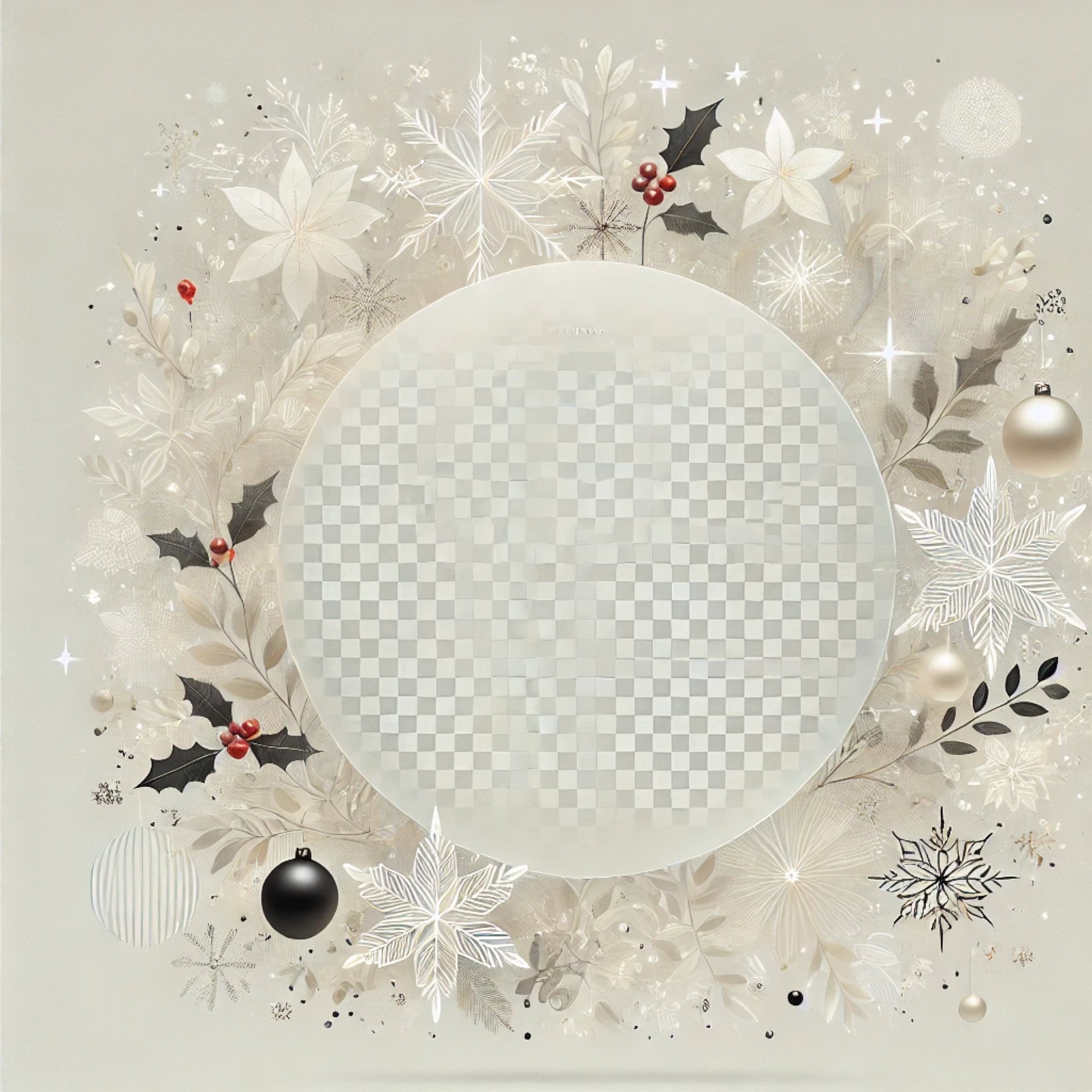
Christmas and New Year
1. Warm-Up Questions:
What is your favorite holiday tradition during Christmas or New Year?
How do you think Christmas and New Year celebrations differ across cultures?
Do you prefer celebrating with family or friends? Why?
How do people in your country typically prepare for the New Year?
2. Vocabulary Exploration
Match the following advanced words with their meanings:
Festivities
Yuletide
Resolutions
Nostalgia
Merriment
Countdown
Definitions:
a) The counting of seconds before a big event like the New Year.
b) Joyful celebration or cheerful amusement.
c). Celebrations or joyful activities during holidays.
d) The traditional period of Christmas celebrations
e) A formal decision to do or not do something in the future
f) A deep longing for the past, often with happy memories.
3. Reading Comprehension
Read the text below and answer the questions:
The Origins of Christmas and New Year Traditions
Christmas and New Year celebrations are deeply rooted in history and culture. Christmas, commemorating the birth of Jesus Christ, has been celebrated since the 4th century. Over time, it incorporated elements from pagan festivals, such as feasts, gift-giving, and the decorating of evergreen trees.
Similarly, New Year’s celebrations date back to ancient Babylon, where people made resolutions and celebrated the arrival of spring in March. The modern calendar shifted New Year’s Day to January 1, following the Roman tradition under Julius Caesar. Today, New Year’s Eve is marked by fireworks, countdowns, and toasts, while New Year’s Day is a time for resolutions and fresh starts.
Comprehension Questions:
a. What is the historical origin of Christmas?
b. How did pagan traditions influence Christmas celebrations?
c.When did people originally celebrate New Year’s Day?
d. Why was January 1 chosen as New Year’s Day in the modern calendar?
e. What are common traditions associated with New Year’s Eve today?
4.Speaking Practice
Discuss with a partner or in a group.
a. Compare and contrast how Christmas and New Year are celebrated in your country with another country.
b. Share a personal resolution you made in the past and whether you kept it or not.
c.If you could invent a new tradition for either Christmas or New Year, what would it be?
5. Holiday Idioms and Expressions
Match the idiom with its meaning:
Ring in the New Year
Christmas came early
Deck the halls
The more, the merrier
Good things come in small packages
6. Like turkeys voting for Christmas
Meanings:
a) The more people involved, the better the experience.
b) To decorate your home festively for Christmas.
c) Something small can have great value or importance.
d) To express happiness over receiving something unexpectedly
e). To celebrate the arrival of the New Year.
f. Doing something against your own interest.
6. Holiday Time Capsule
Imagine you are creating a time capsule to show future generations how Christmas or New Year is celebrated today. Write a list of 5 items you would include in the capsule and explain why.
Follow-Up Questions:
Why did you choose these items?
What do these items say about our current traditions and values?
How do you think Christmas or New Year celebrations will change in 100 years?
7. Optional Extension Activity: Holiday Debate
Topic:
“Are New Year’s resolutions effective, or are they just empty promises?”
Debate the effectiveness of resolutions, using examples and advanced vocabulary.

Contact
info@masterenglishinstitute.com
